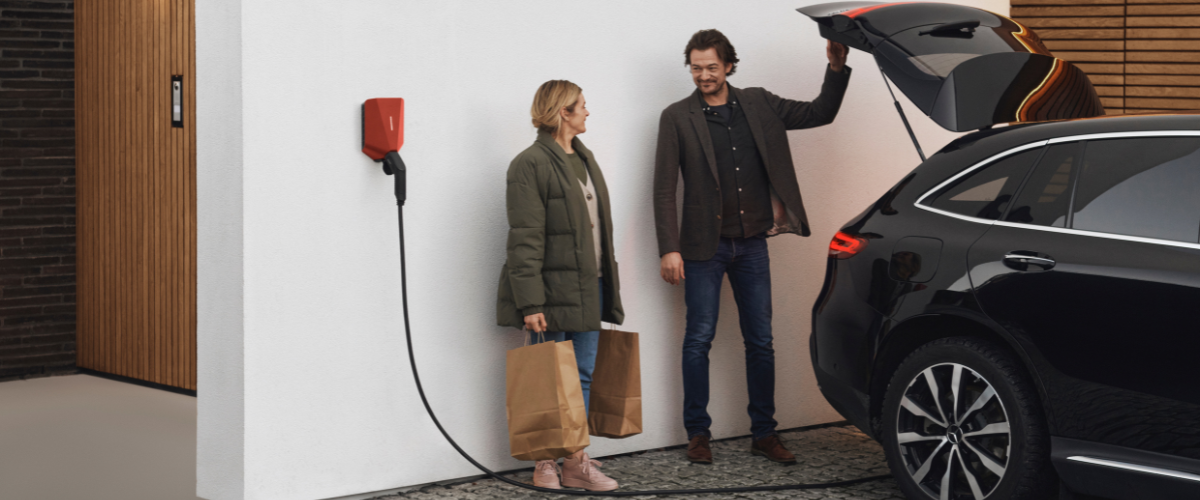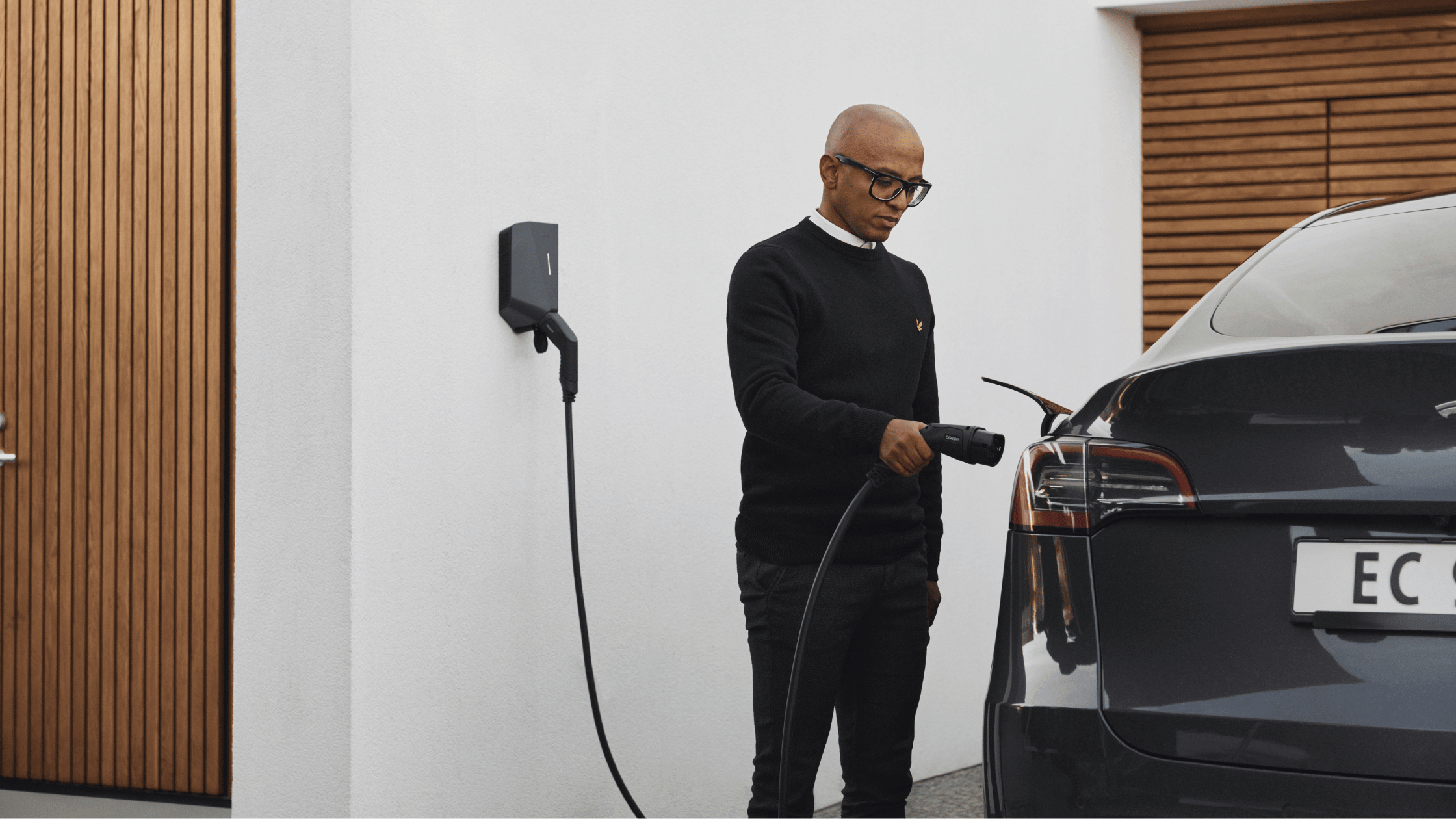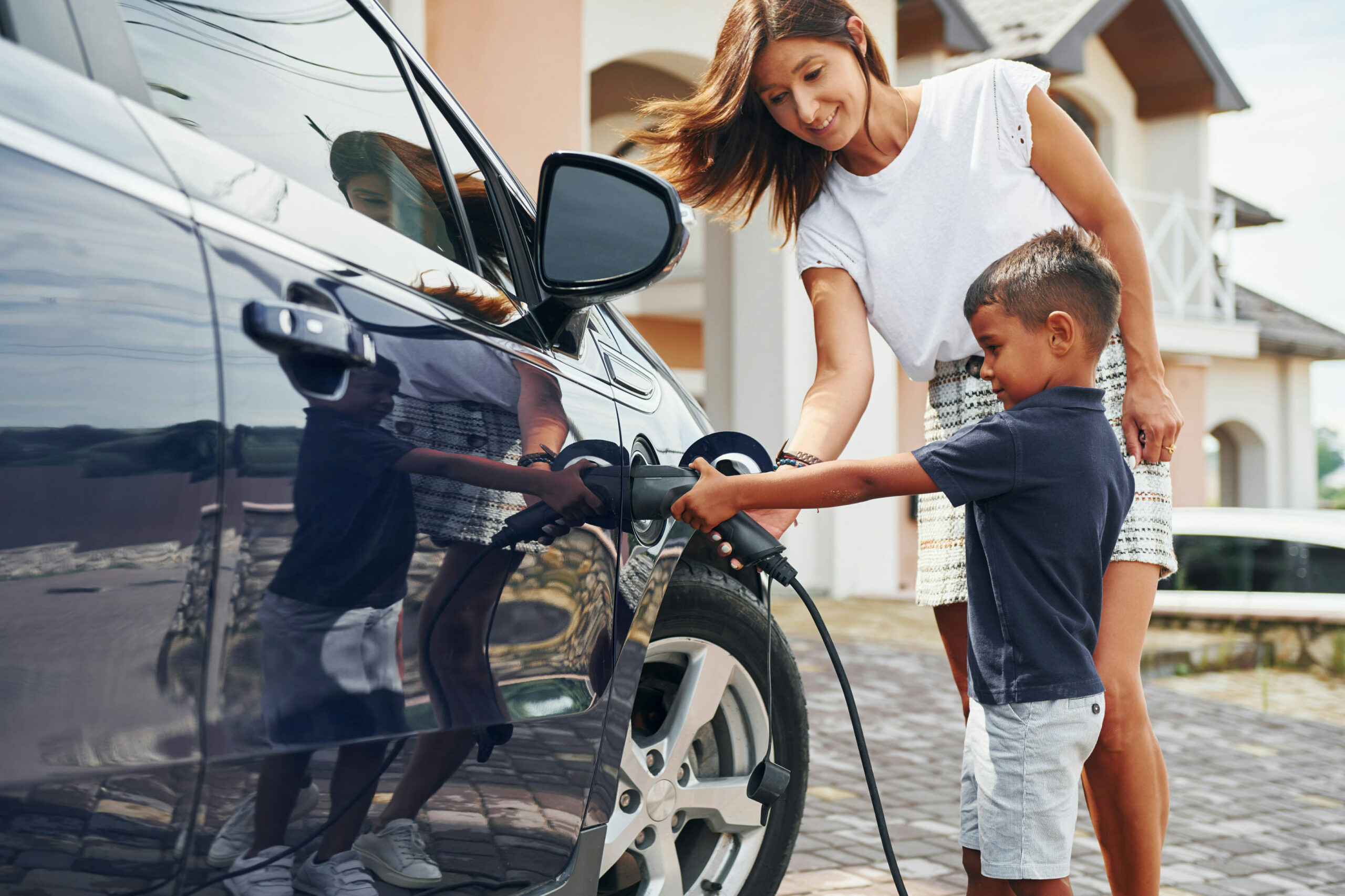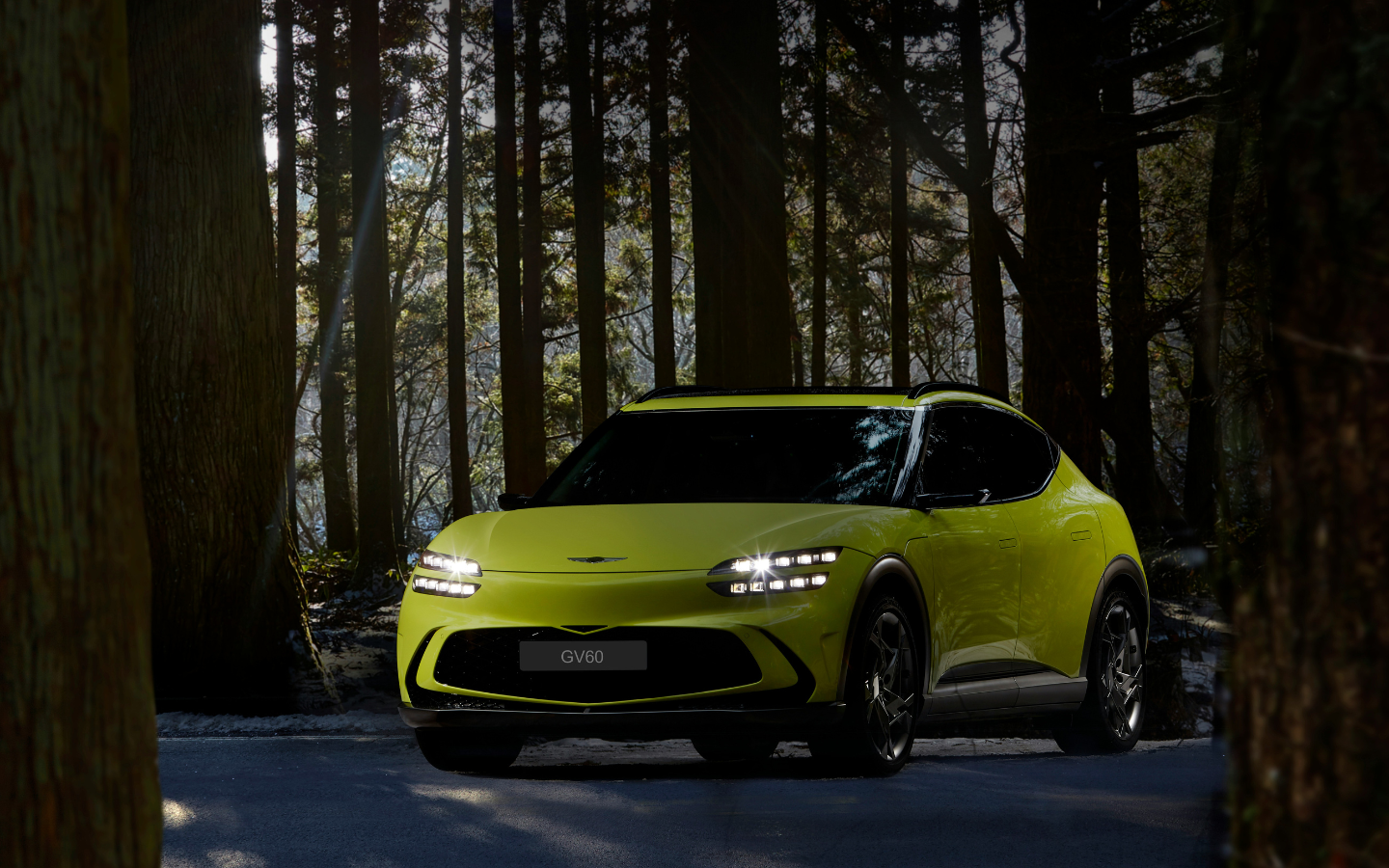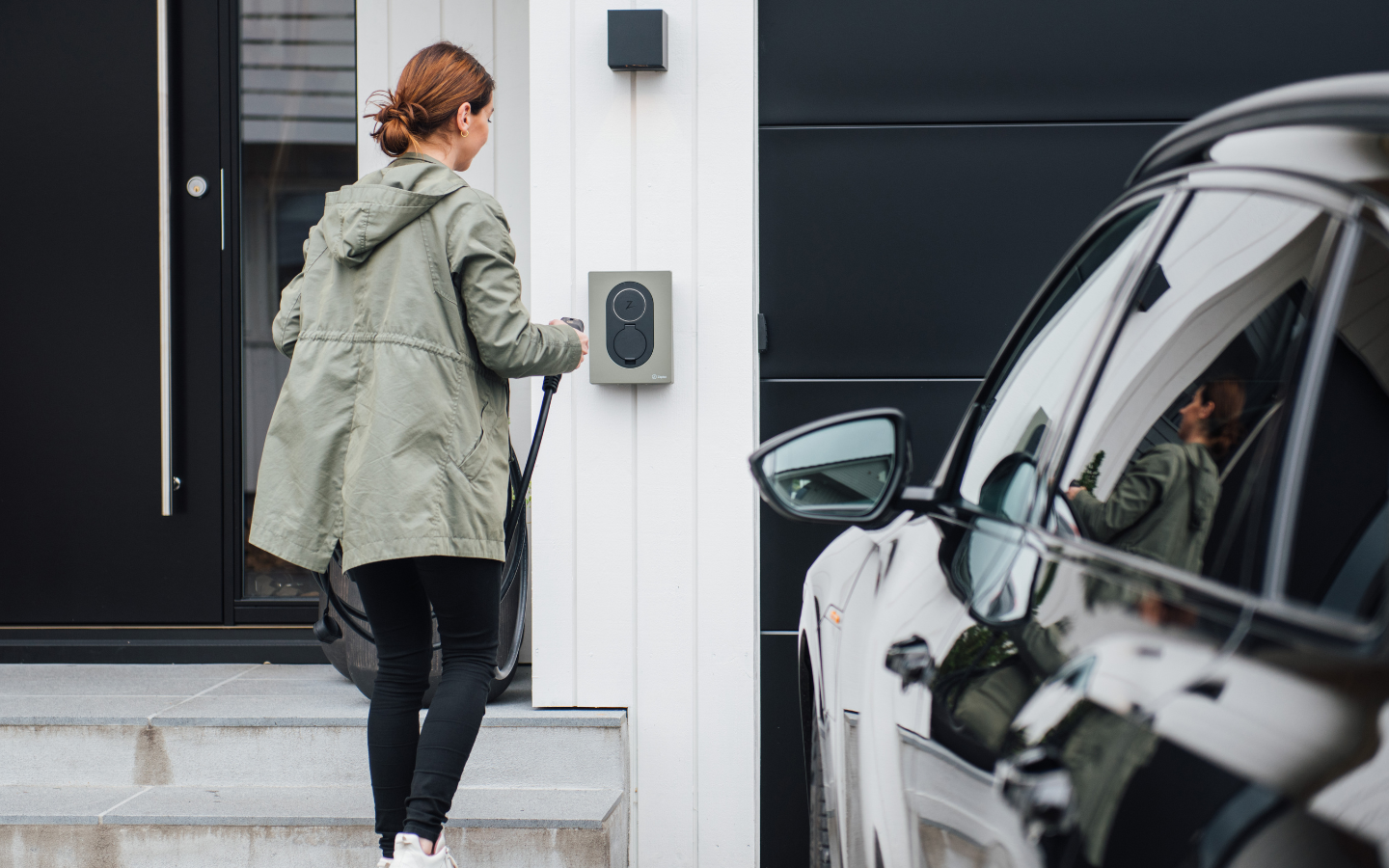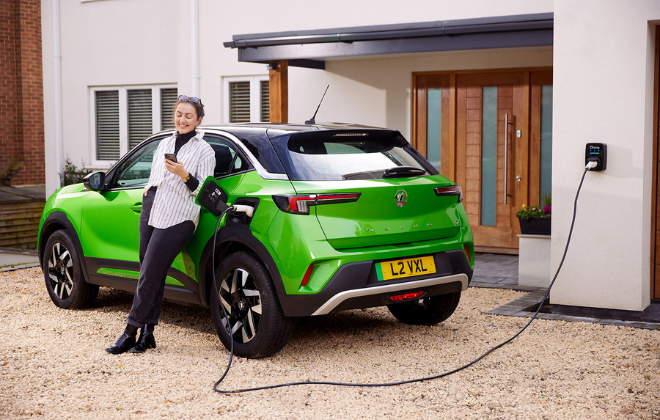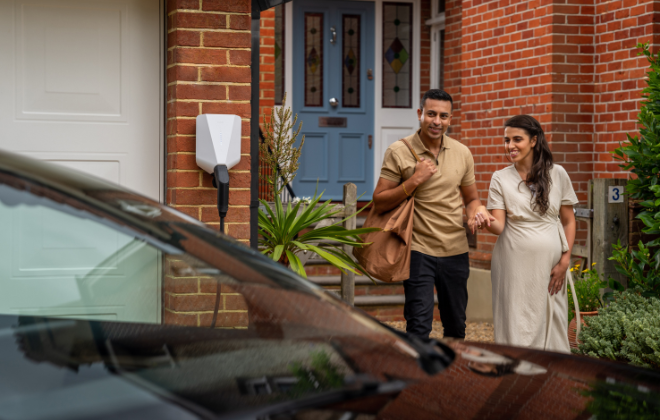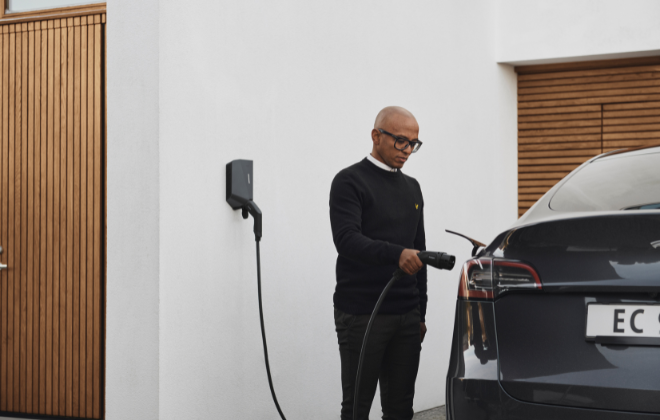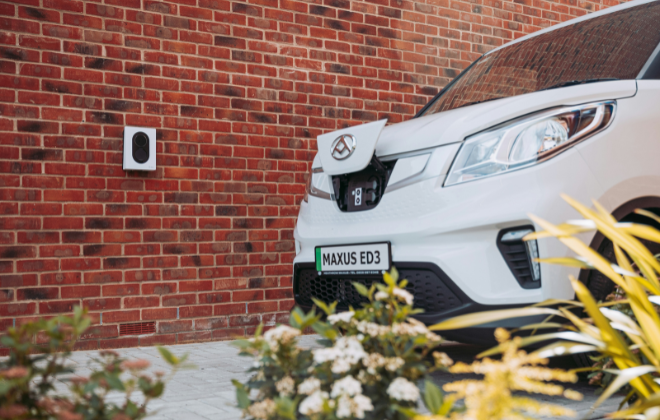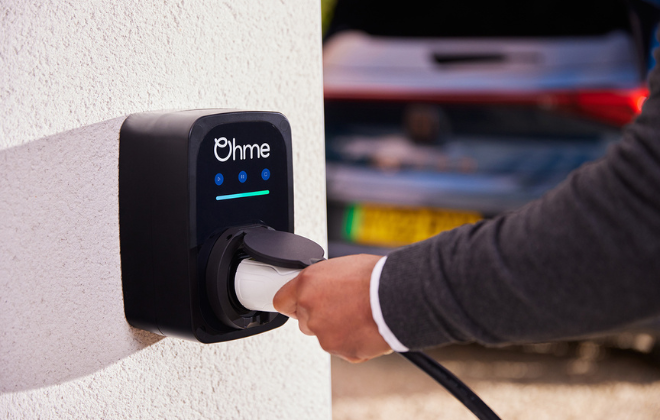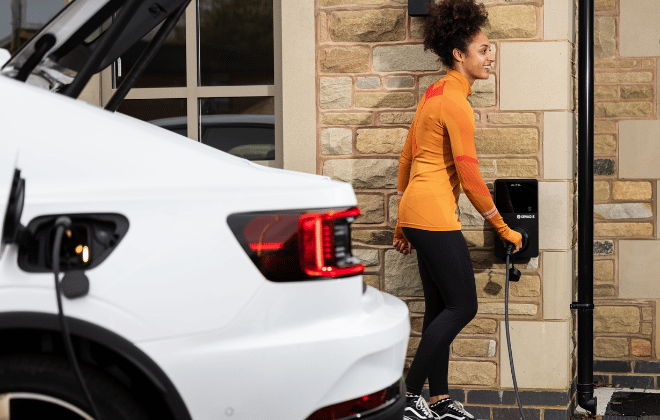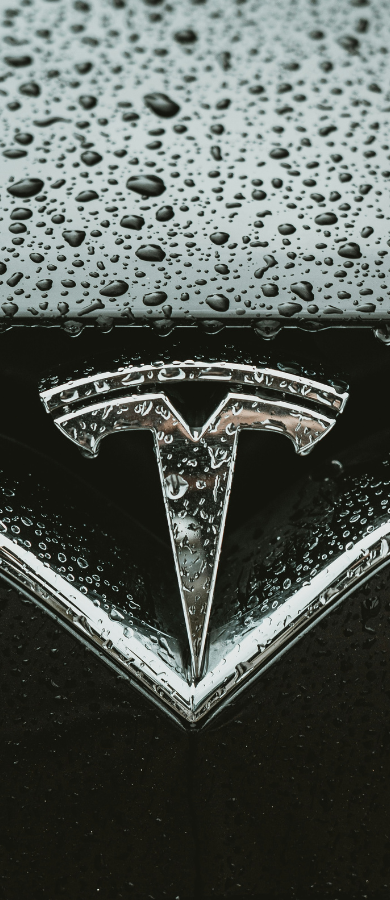
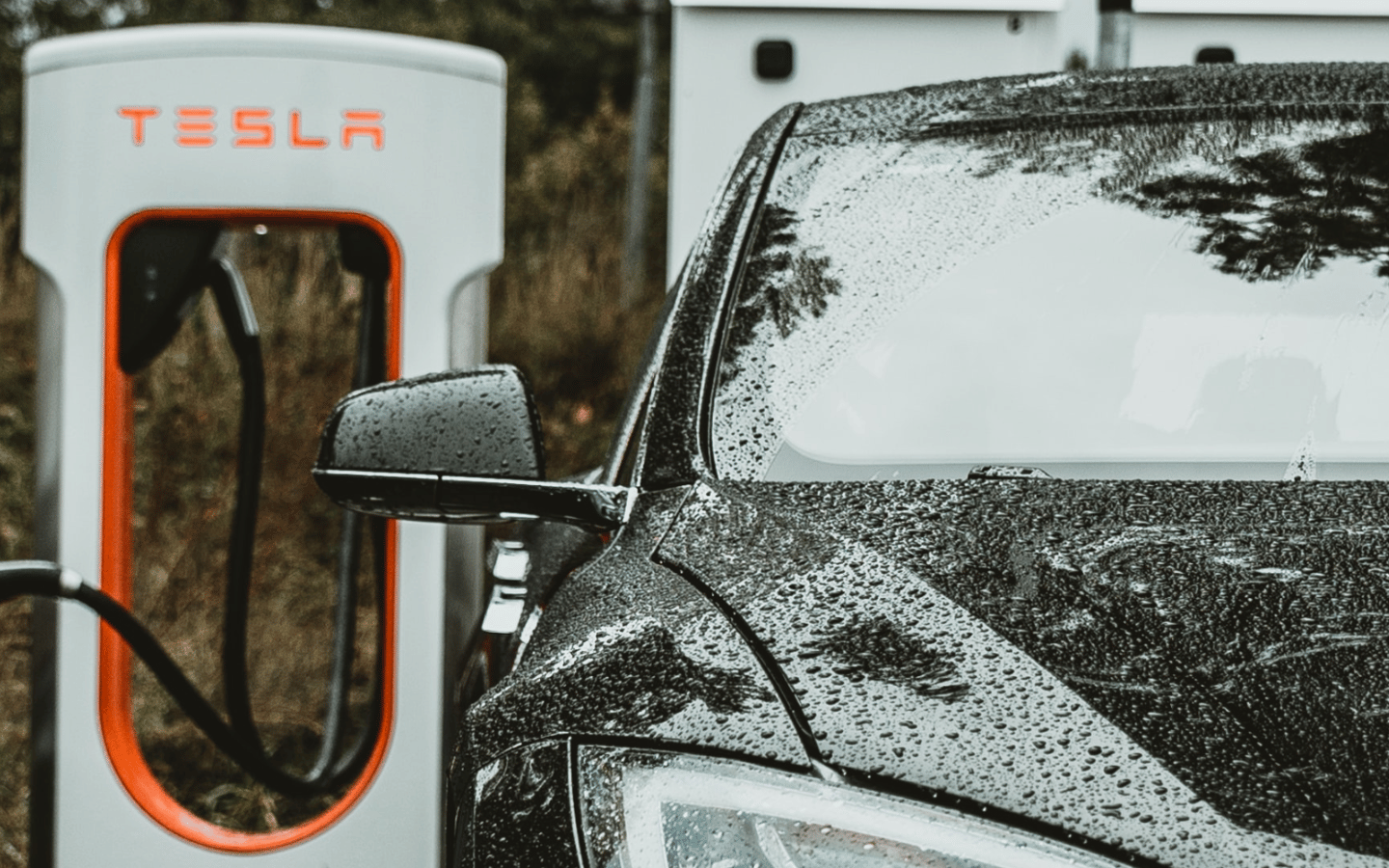
Can I charge my EV in the rain?
Can I charge my electric car in the rain?
Unfortunately, living in the UK means that we are subjected to rain. And lots of it.
And if you’ve recently purchased a brand new electric vehicle, it’s likely that the following questions are running through your mind – can I charge my EV in the rain? Is it safe to charge my EV outside in the rain? Will water damage my EV? Are electric car chargers waterproof?
But worry not – we are here to put the record straight about electric cars and rain.
Is it safe to charge an EV in the rain?
When talking about water and electric systems together, you instantly start to fret about the dangers. So, it’s only human nature to worry about if the rain will negatively impact your EV charging. Fear of electrocution, or damage to your EV or the charger itself, are prime examples that come straight to mind.
However, when it boils down to EV charging in the rain, you don’t have to worry. With all properly installed, manufactured and regulatory-compliant electric vehicle charging equipment, such as dedicated home chargers and public charging stations, there are no risks attached to charging your EV in the rain – so you can charge your EV come rain or shine.
In fact, dedicated electric vehicle chargers are manufactured to withstand almost all weather conditions, making EV chargers entirely waterproof. Made from water-resistant materials and with high IP Ratings, you can be sure your EV charger has safety and longevity in mind.
So, yes, simply put, you can safely charge an electric car in the rain – in fact, you can charge your EV in nearly all weather conditions – subject to the type of electric vehicle charger you use.
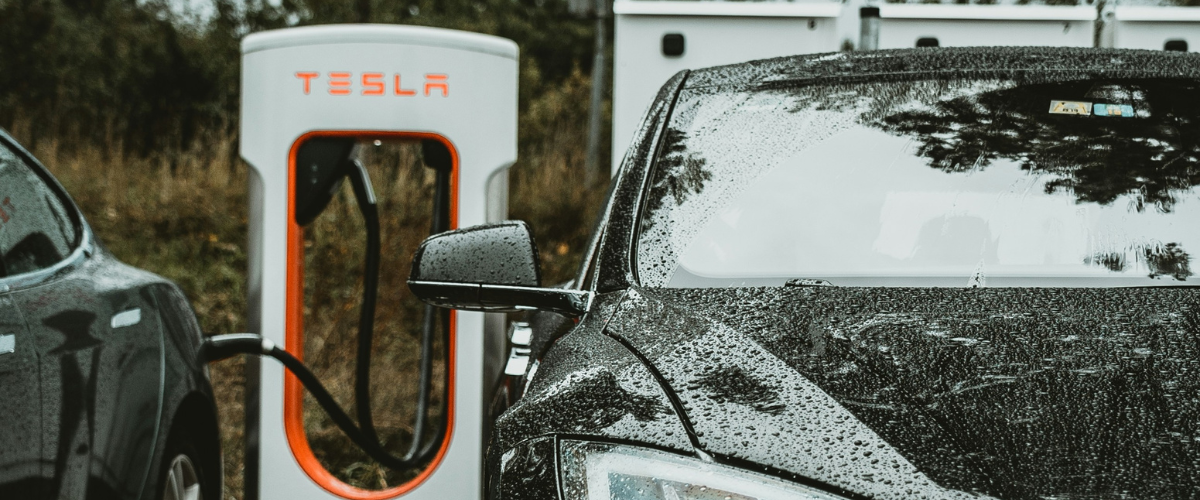
What is an IP Rating, and why does it mean I can charge my EV in the rain?
Without getting too technical, an Ingress Protection rating (IP rating), in this instance, is how well the EV charger is protected from external elements – think dust particles and water. In terms of what the ratings mean, you need to pay attention to the numbers.
The first number of the IP rating has to do with solids (dust particles or dirt), ranging from 1 to 6, with 6 being the highest. The second number is related to liquids (including rainwater) and is on a scale of 1-8, with 8 being the highest rating.
It’s important to note that the standard IP ratings for EV chargers at Level 2 (fast chargers rated at 7.4kW) are IP54 and IP55. Ratings of 8 are usually given to objects that can be submerged in water for long periods of time, which home EV chargers do not need. All in all, as long as the charger you use is rated IP54 or IP55, you can relax knowing that your unit is protected from water ingress.
Moreover, when it comes to electric vehicle safety, no electricity will be live until you securely plug the charging connector into your electric car’s charging port, so you don’t have to worry about an electric shock when charging in the rain.
So, yes – you can charge your EV in the rain, and it is perfectly safe to do so. However, you might get a bit wet!
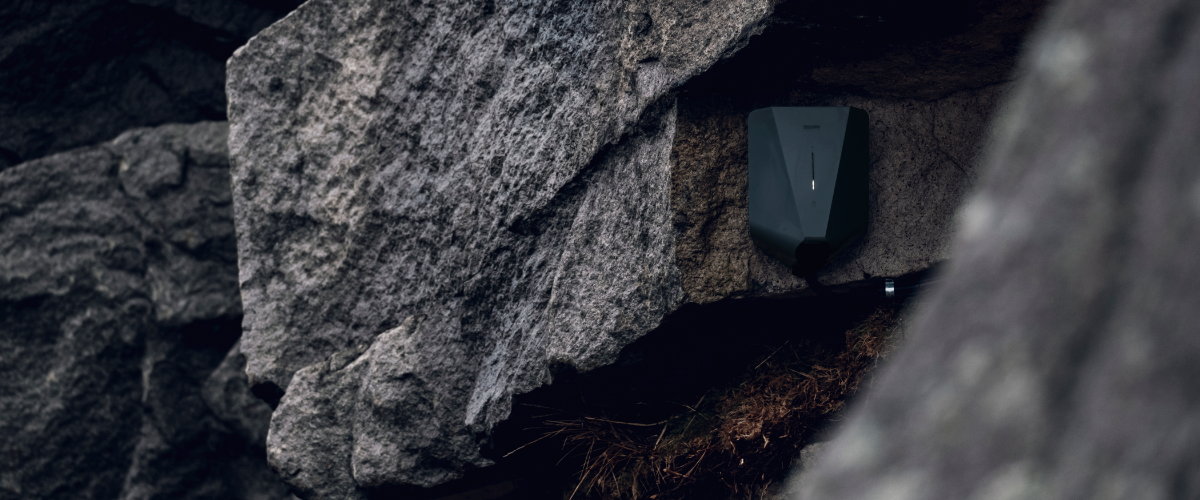
IP Ratings
All our home EV charging points are water and dust-resistant, ensuring you can charge in the rain without a problem. However, some go the extra mile, adding additional layers of safety. The Easee One, for example, has 11 sensors and intelligent temperature measurements, ensuring a weatherproof home charging solution that protects you and your home without fault.
| Our home EV chargers | IP Rating |
| Easee One | IP54 |
| Hive Mini Pro 3 | IP54 |
| Ohme ePod | IP55 |
| VCHRGD Seven | IP55 |
| Ohme Home Pro | IP55 |
| evec | IP55 |
But are all electric vehicle chargers safe to use in the rain?
Any electric vehicle charger that is properly manufactured, complies with the regulations, and is installed properly, is entirely safe to charge in the rain. What’s more, the higher the IP rating, the more waterproof your charger. However, one thing to keep in mind is how 3-pin plug EV charging could be impacted by bad weather.
There are many negatives to 3-pin plug charging, including the slow charging speed, mess, and the risk of injury. But there is another cause for concern when it comes down to charging your EV in the rain with a 3-pin plug.
If the distance between your nearest plug socket and your EV requires an extension cable, and your cable is not waterproof or is not sufficiently protected from water ingress, and is caught outside during heavy rainfall, then this could lead to electrical fires, short-circuiting, or electric shocks.
Our advice is to avoid charging your EV during wet weather if you are using an extension cable with your 3-pin plug or to invest in a safe, secure and convenient home EV charger that is manufactured to withstand different weather conditions.
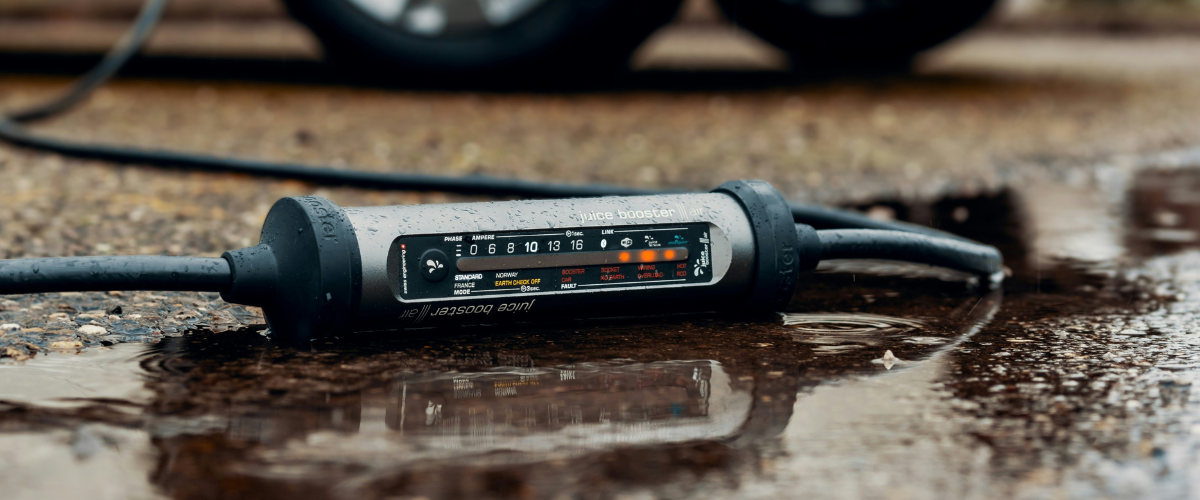
Is it safe to charge an electric car in a thunderstorm?
While home EV chargers are frequently checked to uphold the highest safety standards, and the likelihood of lightning hitting your EV charger is minimal, EV chargers are more susceptible to lightning strikes. Therefore, it’s recommended that you invest in a Surge Protection Device (SPD) to ensure optimal protection if you want to charge your EV during a thunderstorm to protect your EV charger, your EV and your home. So, in short, yes, it is entirely safe to charge an electric car in a thunderstorm if you have a Surge Protection Device.
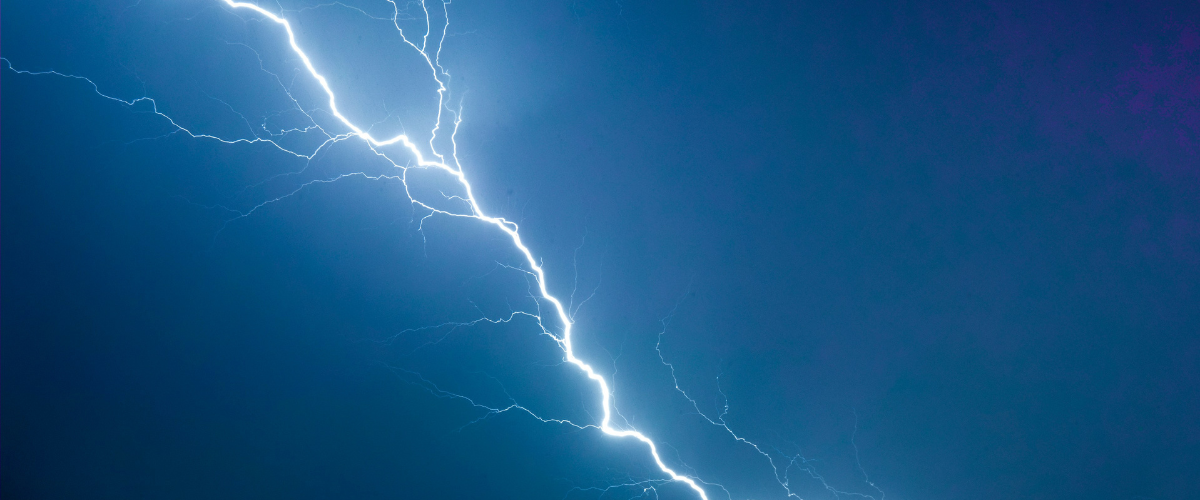
Summary:
- Properly installed and compliant electric car chargers are perfectly safe to use in all weather conditions, including rain and snow, as they are entirely waterproof with high IP ratings, meaning you can easily and safely charge your electric car in the rain.
- Three-pin plug charging with extension cables poses a risk in heavy rainfall.
Of course, charging your EV in the rain isn’t a pleasant task, especially if you rely on public EV chargers or require an extension cable for your 3-pin plug charging. An alternative option is investing in a safe and intelligent home electric vehicle charger, making your charging more convenient and cheaper.
Interested in a home EV charger?
View our wide range of the best home EV chargers on the market. If you want a home EV charger installation, click below to get your free quote, or contact us for more information or any queries you may have.
For more information and our latest updates, follow us on Facebook, Instagram, Twitter, LinkedIn and YouTube.
Related articles_
Stay up to date on the latest from We Power Your Car_
I consent to receive newsletters from We Power Your Car. Please see our Privacy Policy
